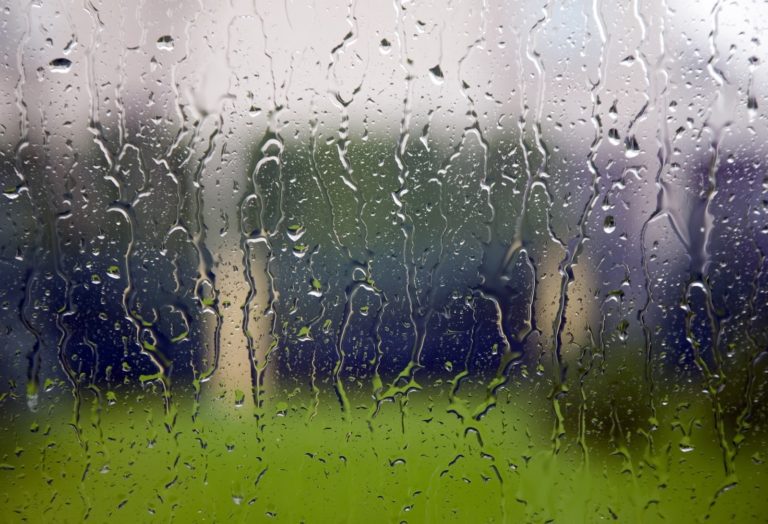Spring Thunderstorms – Protect Your Home from Water and Wind

The weather here in Omaha can be unpredictable in the springtime. Thunderstorms pop up with a very little warning. How do you make sure your home is safe from wind and water damage? The team at Getzschman Heating and Air Conditioning has put together this list of four vital precautions to take before spring storms hit:
1. Sump Pumps Are Critical
Most homeowners think that if they have a sump pump, their homes are safe from flooding. While a sump pump serves as an excellent defense to keep basements dry by pumping out excess water, it relies on electricity to run. Unfortunately, it is common for the power to go out during a thunderstorm which is exactly when you need your sump pump the most. Make sure your home is protected from flooding by checking the following:
- Be sure that you have a battery backup sump pump. If your power goes out, the battery backup pump will take over for it and keep your basement from flooding.
- Test your sump pump every month. One quick way to test your sump pump is to take the lid off the sump pit and pour a five-gallon bucket of water into the pit. The motor should kick on and drain the water immediately. If it doesn’t, you may have to call for service.
- Protect your sump pump system from clogs. Keeping your discharge lines clear and covered will help to protect them from clogging and backing up into your home. Check the line when you test your sump pump to make sure the water has a clear path outside your home.
2. Lock Windows and Doors
Simply checking to make sure windows are closed and storm doors are latched this time of year will save you costly damage caused by water coming into your home or a loose storm door blowing in high winds. Double check them all.
3. Don’t Forget the Patio Furniture
In the event of stormy weather with strong winds, make sure to check outdoors for items that need to be secured or put away. Patio umbrellas, tables, chairs, yard decorations, grills, and stacked firewood can all get broken or cause damage to your home if blown around by high winds.
4. Turn Your AC Off
Cutting power to your unit at the circuit breaker, or turning the unit off at your thermostat can prevent costly damage in the event of a lightning strike. A power surge can cause significant damage to an air conditioning unit during a storm. Sure, your home may get a little stuffy in the few hours it is storming, but as soon as the storm is over, you can cool it off again safely.
